WHY EVEREST BASE CAMP TREKKING IS THE BEST ULTIMATE ADVENTURE TREKKING IN THE WORLD?
Discover why Everest Base Camp Trekking is the world’s top adventure trekking—breathtaking views, Sherpa culture, and a life-changing Himalayan journ...

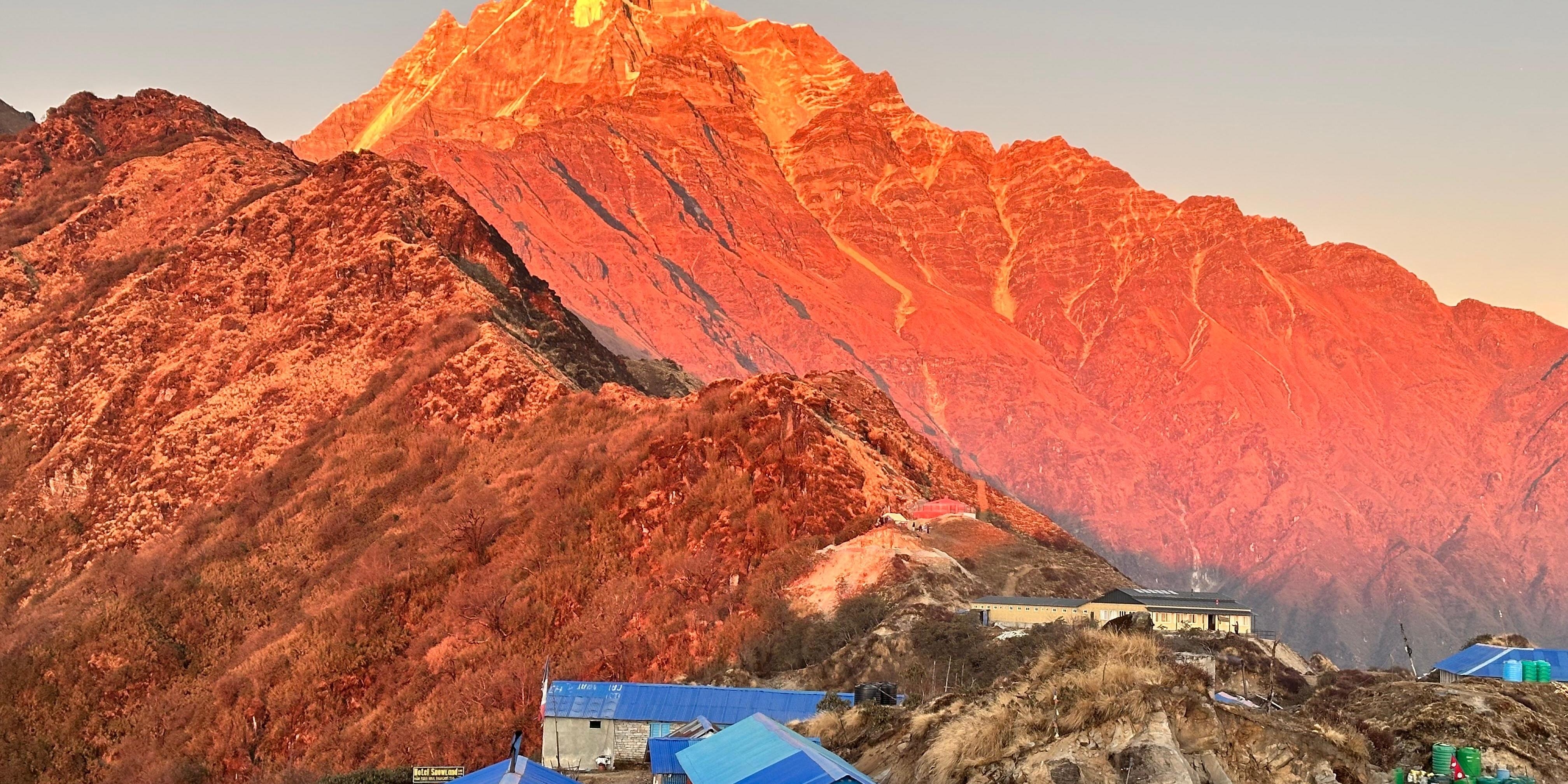
The soft hues of dawn
begin to kiss the towering Himalayan peaks, casting a golden glow over the
snow-capped giants that have stood sentinel for millennia. A crisp breeze
carries the scent of pine and the distant tinkling of yak bells, while
fluttering prayer flags whisper ancient blessings into the sky. This is Nepal -
the land where nature’s grandeur meets profound culture and boundless
adventure, a true trekker’s paradise unlike any other on Earth.
For adventurers and
wanderers worldwide, trekking in nepal is not merely a journey through breathtaking
landscapes but a deep encounter with the soul of the Himalaya. It is here,
between the world’s highest peaks and vibrant mountain villages, that one discovers
why Nepal remains the premier destination for trekking - the place that offers
some of the best
trekking trails in the world. From budget backpackers chasing
the thrill of discovery to seasoned mountaineers seeking private Himalayan
expeditions, Nepal embraces all with open arms and trails that lead to
transformation.
Nepal’s claim as the
ultimate trekking destination is rooted in its unmatched natural diversity and
cultural richness. Nestled between the vast plains of India and the Tibetan
plateau, this small Himalayan kingdom boasts eight of the fourteen world’s
8,000+ meter peaks, including the legendary Mount Everest, the highest point on
Earth. The spectacular mountain ranges, lush valleys, dense forests, and
sprawling cultural landscapes create a mosaic that no other trekking
destination can rival.
But Nepal offers more
than towering mountains. Its trails wind through ancient villages where
traditions thrive, past sacred monasteries echoing centuries of spiritual
devotion, and across landscapes alive with endemic flora and fauna. The
warm-hearted Nepalese people, renowned for their hospitality and resilience,
enrich the trekking experience, turning every journey into a personal story of
friendship and discovery.
What sets Nepal apart
is also its accessibility and trekking infrastructure. Well-maintained trails,
a network of tea-houses providing comfortable lodging, and experienced local
guides make trekking here feasible and enjoyable for a wide range of travelers.
Whether you seek a rugged challenge or a gentle cultural immersion, Nepal’s
diversity guarantees a perfect fit.
Nepal’s trekking
offerings range from short, family-friendly hikes to arduous high-altitude
expeditions lasting several weeks. This incredible variety caters to all types
of adventurers and is a significant reason why Nepal is celebrated as a backpackers paradise.
In the popular
regions of Everest and Annapurna, trails like the Everest Base Camp Trek and
Annapurna Circuit draw trekkers with their majestic views and cultural
richness. For those who crave less crowded paths, hidden trails in Upper
Mustang, Dolpo, and Kanchenjunga offer solitude and raw wilderness.
The country’s trails
are equally diverse in terms of terrain and climate. You can start trekking
through subtropical jungles alive with wildlife, ascend terraced hill slopes
dotted with traditional farms, and eventually reach high alpine passes framed
by some of the world’s tallest peaks. Whether it’s a five-day trek to the
serene Poon Hill or a month-long traverse of the Manaslu Circuit, Nepal’s
trails promise an experience unlike any other.
No description of
trekking in Nepal is complete without honoring the Himalaya - the towering
spine of Asia and the planet’s highest mountain range. Formed over millions of
years by the collision of the Indian and Eurasian tectonic plates, the Himalaya
rise abruptly from the plains, creating dramatic vertical landscapes that
challenge and inspire.
These mountains are
more than just physical giants. They hold spiritual significance deeply
embedded in Nepali culture and religion. Many peaks are considered sacred
abodes of gods and goddesses, with local legends and rituals paying homage to
their power.
For trekkers, the
Himalaya offer unparalleled beauty. The shimmering glaciers, rugged cliffs, and
snowfields create a landscape that changes with the seasons and weather,
inviting exploration and reverence. Whether trekking beneath Everest’s shadow
or wandering the Annapurna massif, each step is a communion with a timeless
natural wonder.
Nepal’s geography is
staggering in its scope. Within less than 200 kilometers, the elevation rises
from the Terai plains at about 60 meters above sea level to the summit of
Everest at 8,848 meters. This enormous vertical range provides a unique
trekking experience where landscapes transform dramatically with every ascent.
From the steamy
jungles where Bengal tigers roam, to terraced farmlands alive with the rhythms
of rural life, to alpine meadows bursting with wildflowers, the variety is
breathtaking. High above, the barren, wind-swept slopes and icy glaciers offer
a stark contrast, a testament to the resilience required to inhabit such
extremes.
This spectacular
shift in environment means trekking in Nepal is never monotonous. Each day
unveils new vistas and ecosystems - from tropical birdsong to the silence of
the snow - making it a journey of continuous wonder.
The most popular
seasons for trekking in Nepal are spring (March to May) and autumn (September
to November), celebrated for their clear skies, moderate temperatures, and
blooming rhododendrons or brilliant autumn colors. These periods showcase the
Himalaya at their most stunning and provide ideal conditions for high passes
and mountain views.
Yet, trekking in
Nepal is a year-round affair. The winter months bring colder temperatures and
snow, especially at higher altitudes, but offer peaceful trails and a different
kind of beauty. Some lower-altitude routes like Langtang and the lower
Annapurna regions remain accessible.
During the monsoon
(June to August), heavy rains limit trekking in most areas, but rain-shadow
regions like Upper Mustang and Dolpo offer dry, sunny trails for those seeking
solitude away from the crowds.
This variety allows
trekkers to plan according to their preferences and physical preparedness,
making Nepal accessible in every season.
The Everest region is
the crown jewel of trekking in nepal. The classic Everest Base Camp Trek is a bucket-list
experience, taking adventurers from the mountain town of Lukla through Sherpa
villages and Buddhist monasteries to the foot of the world’s highest peak.
Along the trail,
you’ll pass through Namche Bazaar, the vibrant Sherpa capital, where local
markets buzz with life. Visits to Tengboche Monastery and other spiritual sites
enrich the trek with cultural depth. The dramatic vistas of Ama Dablam and
Lhotse accompany every step, culminating in the unforgettable sunrise at Kala
Patthar overlooking Everest’s summit.
For those seeking greater
challenges and solitude, routes such as the Gokyo Lakes Trek and the demanding
Three Passes Trek offer equally spectacular views with fewer crowds. Private
trekking trips in the Himalaya allow for personalized itineraries and enhanced
comfort in this iconic region.
The Annapurna region
is a realm of remarkable contrasts and rich cultural diversity. The Annapurna
Circuit is hailed as one of the best
trekking trails in the world, winding through terraced fields,
dense forests, and the high alpine desert of the Thorong La pass.
This region hosts a
blend of ethnic communities, including Gurung, Magar, and Thakali peoples, each
with their own unique customs and festivals. The Annapurna Base Camp Trek
offers a shorter but equally scenic adventure, encircled by towering peaks like
Machhapuchchhre, known as the “Fishtail.”
Other popular treks
such as Mardi Himal and Ghorepani Poon Hill provide accessible yet
awe-inspiring treks for beginners and families, making Annapurna a versatile
destination for all experience levels.
For trekkers seeking
untouched wilderness and profound solitude, Nepal’s remote regions hold
unmatched allure. The Manaslu Circuit, encircling the eighth-highest mountain,
offers dramatic landscapes and Tibetan-influenced culture with fewer tourists.
Kanchenjunga, the
world’s third highest peak, lies in the far east with trails that challenge and
reward those willing to journey deep into Nepal’s wild heart. The Dolpo region,
with its arid landscapes and ancient Bon monasteries, recalls a time long past.
These remote treks
demand higher preparation and stamina but provide rare glimpses into Himalayan
life and raw nature unspoiled by mass tourism.
Before the mountain
air fills your lungs, the city of Kathmandu immerses you in centuries of
history and vibrant culture. World Heritage Sites like Swayambhunath and
Bouddhanath Stupa, Kathmandu Durbar Square, Patan Durbar Square and Bhaktapur
Durbar Square, Pashupatinath Temple, etc. offer intricate art and architecture
that set the tone for your journey.
As you trek into the
hills and mountains, each village welcomes you with traditions alive in
everyday life. Festivals, music, dance, and religious ceremonies provide a
cultural rhythm that accompanies your steps. Whether sharing a meal with a
Sherpa family or watching farmers at work in terraced fields, cultural exchange
is woven into the trekking experience.
Nepal caters to a
broad spectrum of travelers. Budget packages provide excellent value, with
affordable tea-house accommodations, local cuisine, and the chance to meet fellow
trekkers from around the globe.
For those seeking
comfort and exclusivity, private trekking trips in the Himalaya offer
tailor-made itineraries, upgraded lodges, personal guides, and porters. Whether
traveling solo, with family, or in a group, Nepal’s trekking options are
flexible and accommodating.
From beginners to
seasoned adventurers, Nepal welcomes all. Easy day hikes and short treks like
the Ghorepani Poon Hill make high mountain scenery accessible to families and
casual hikers.
Intermediate and
advanced trekkers can test themselves on multi-day routes with high passes,
including the Everest Three Passes or the Annapurna Circuit. Preparation,
acclimatization, and physical fitness are crucial, but the rewards of these
treks are immeasurable.
Nepal’s trekking
routes often follow ancient trade and pilgrimage paths, carrying centuries of
history. These trails were once conduits for salt, wool, spices, and ideas,
linking South Asia with Tibet.
Along the way,
centuries-old monasteries and stupas stand as silent witnesses to the ebb and
flow of civilizations. Each step on these paths connects trekkers to a living
history that enriches every moment.
Kathmandu Valley is a
treasure trove of architectural marvels. Pagoda-style temples, intricately
carved wooden windows, and stone sculptures reflect the artistry of the Newar
people.
In the mountains,
monasteries painted with vivid murals, prayer wheels etched with sacred
mantras, and chortens marking the way create an environment where art and
spirituality intertwine, deepening the trekking experience.
Nepal’s biodiversity
is remarkable. Forests burst with rhododendron blossoms in spring, and rare
orchids add splashes of color to mountain meadows. Wildlife enthusiasts may
spot elusive snow leopards, red pandas, Himalayan Thars, and a plethora of bird
species including the Himalayan Monal (Danfe in Nepali), Nepal’s national bird.
Conservation efforts
and national parks help preserve these treasures, making trekking here an
eco-friendly adventure.
Despite the
staggering natural beauty, it is Nepal’s people who leave the most lasting
impression. Known for their warmth and kindness, locals from various ethnic
groups - Sherpas, Gurungs, Tamangs, and others - open their homes and hearts to
trekkers.
This genuine
hospitality transforms a trek from a simple journey into a shared human
experience filled with stories, smiles, and lasting friendships.
Sustainable trekking
is crucial to preserving Nepal’s fragile mountain ecosystems. Efforts such as
waste management programs, plastic bans in trekking regions, and
community-based tourism initiatives help minimize environmental impact.
Trekking companies
and travelers alike are embracing Leave No Trace principles, ensuring Nepal
remains a pristine trekker’s
paradise for future generations.
In Nepal, the
mountains command your attention, but it is the harmony of nature, culture, and
human spirit that makes trekking here incomparable. Whether standing beneath
Everest’s towering peak, wandering Annapurna’s verdant valleys, or exploring
hidden trails off the beaten path, you step into a world where distraction
fades and purpose emerges.
This is more than a
trek; it is an invitation to discover yourself amid some of the most breathtaking
and soulful places on Earth. So lace up your boots, embrace the adventure, and
let Nepal’s trails guide you on a journey that will stay with you forever.
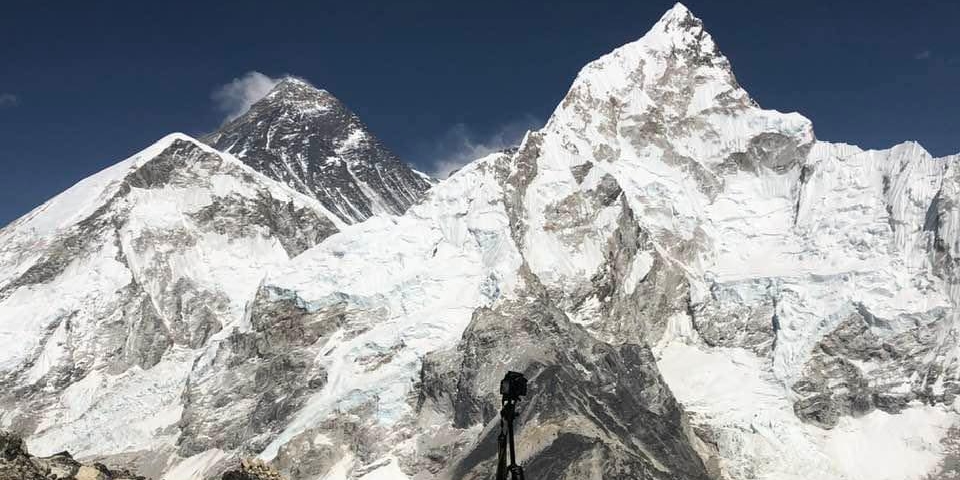
Discover why Everest Base Camp Trekking is the world’s top adventure trekking—breathtaking views, Sherpa culture, and a life-changing Himalayan journ...
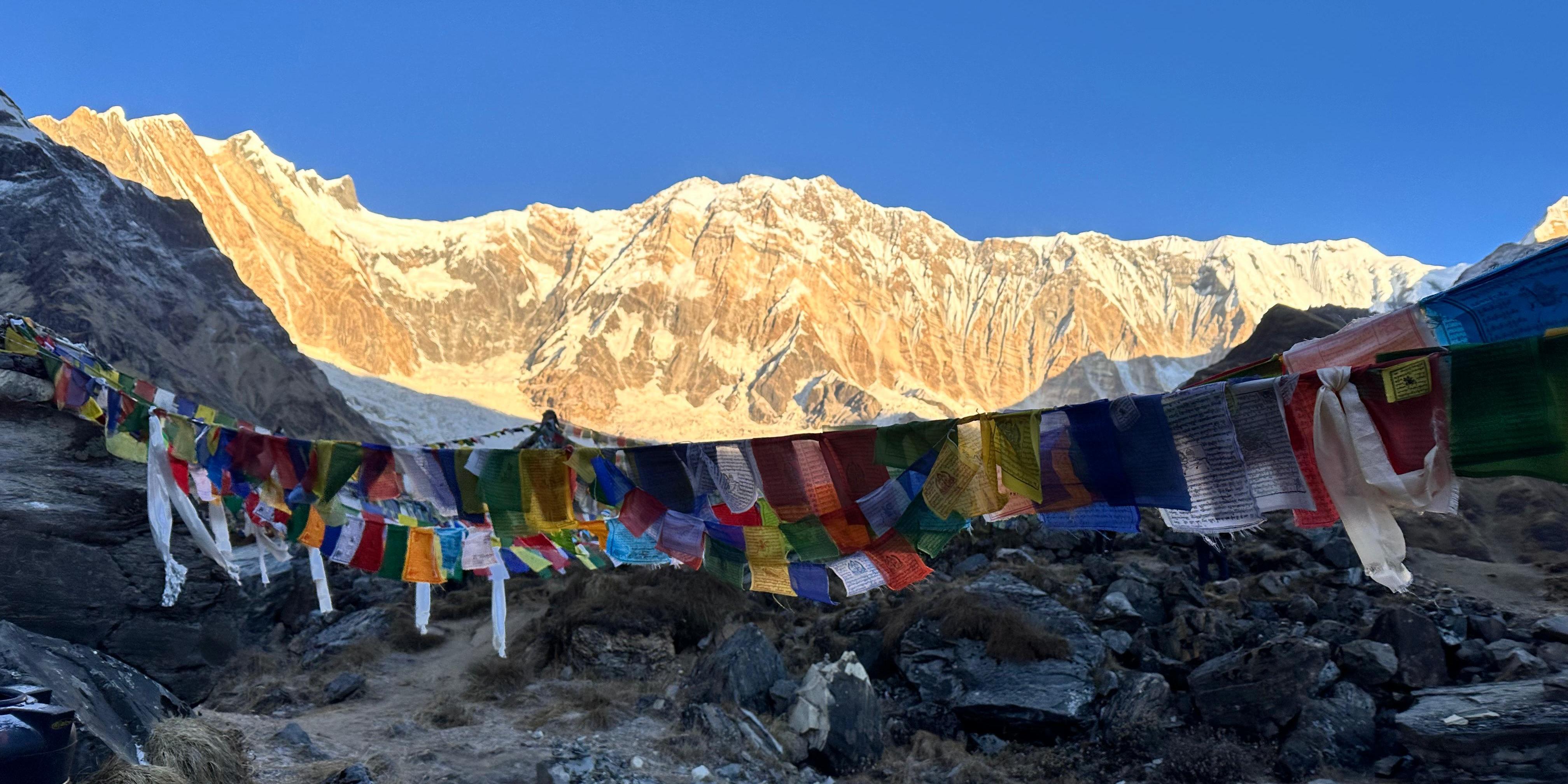

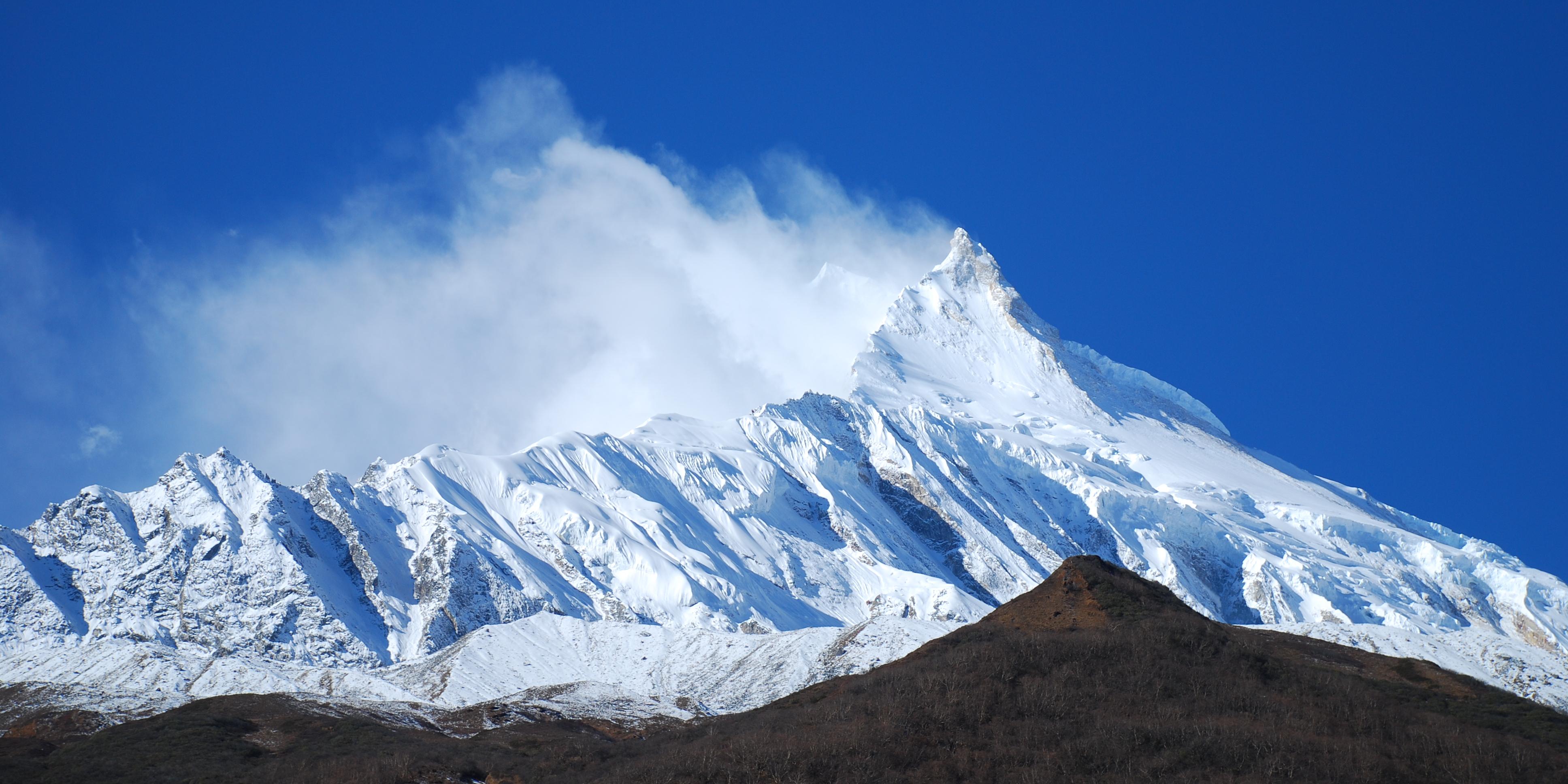
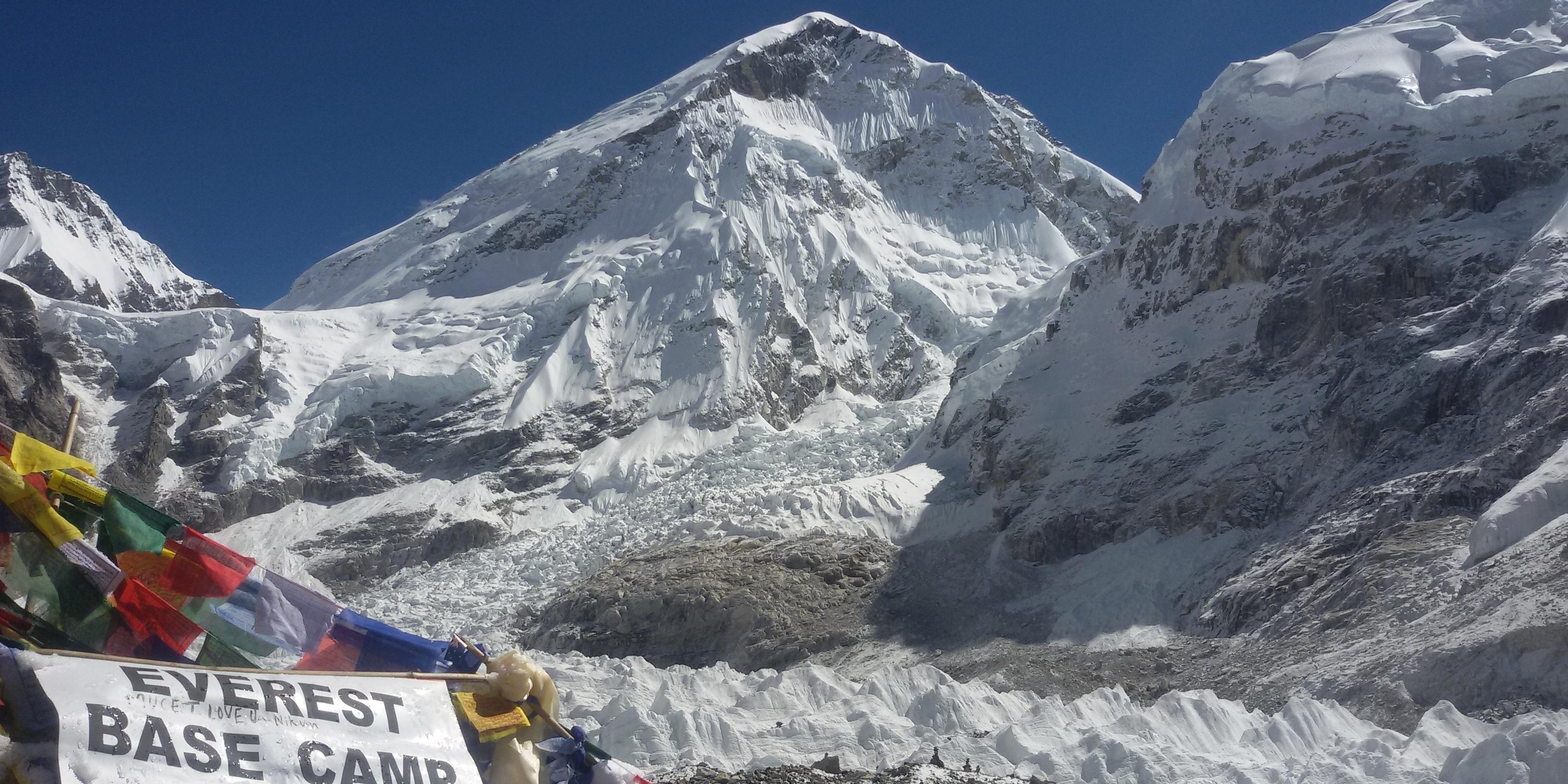
The best seasons for Everest Base Camp Trekking

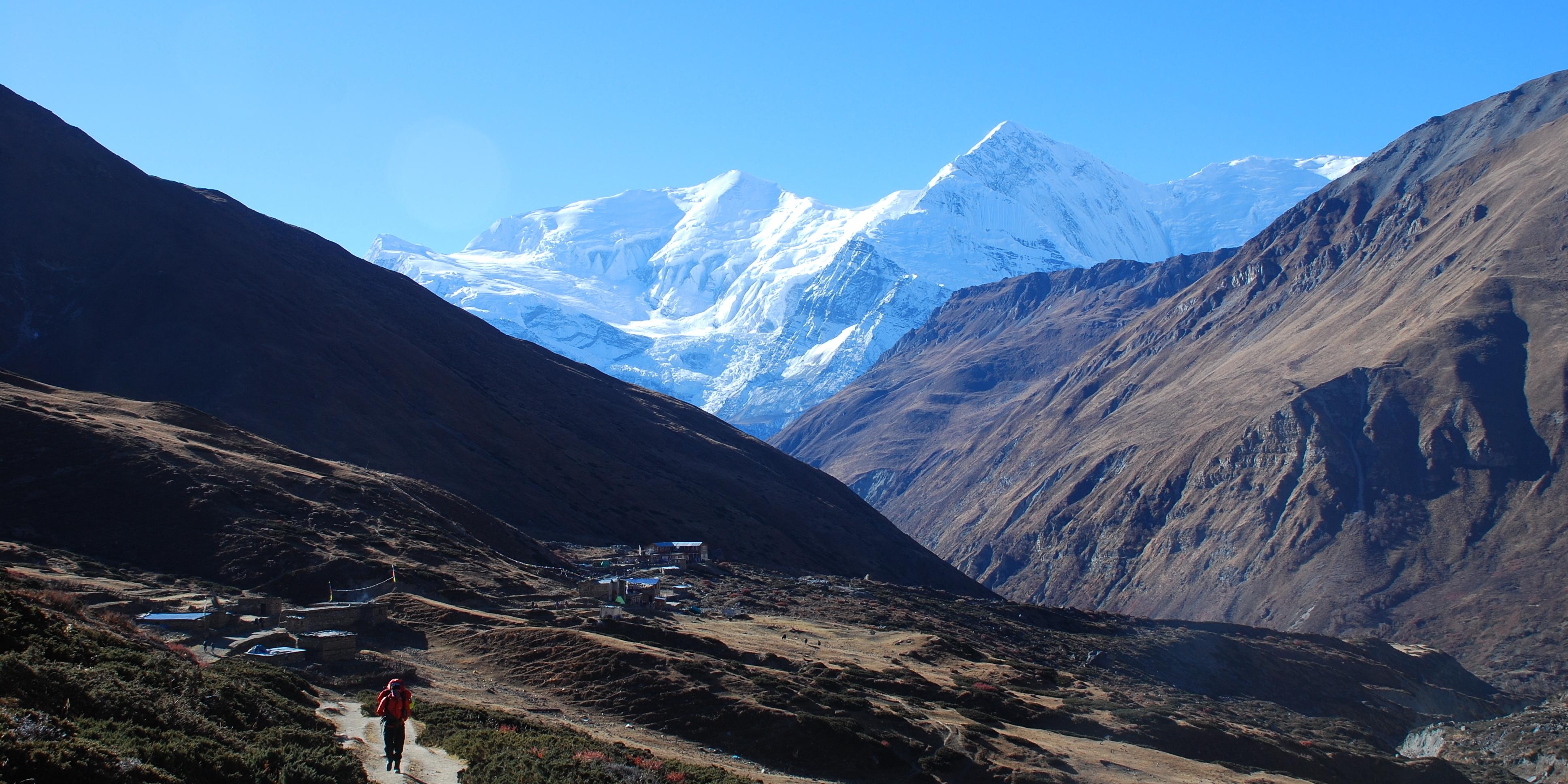
Annapurna Circuit Trekking is often hailed as the best trekking trail in the world—and for good reason. With dramatic shifts in landscape, culture...
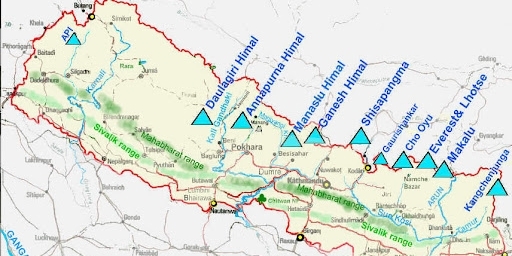

“A Hidden Himalayan Gem Just Hours Away from Kathmandu”

“A Timeless Holiday Destination Where History, Culture, and Himalayas Converge”

Nepal: Where Spiritual Traditions Converge
A Timeless Journey to the Land of Peace and Enlightenment
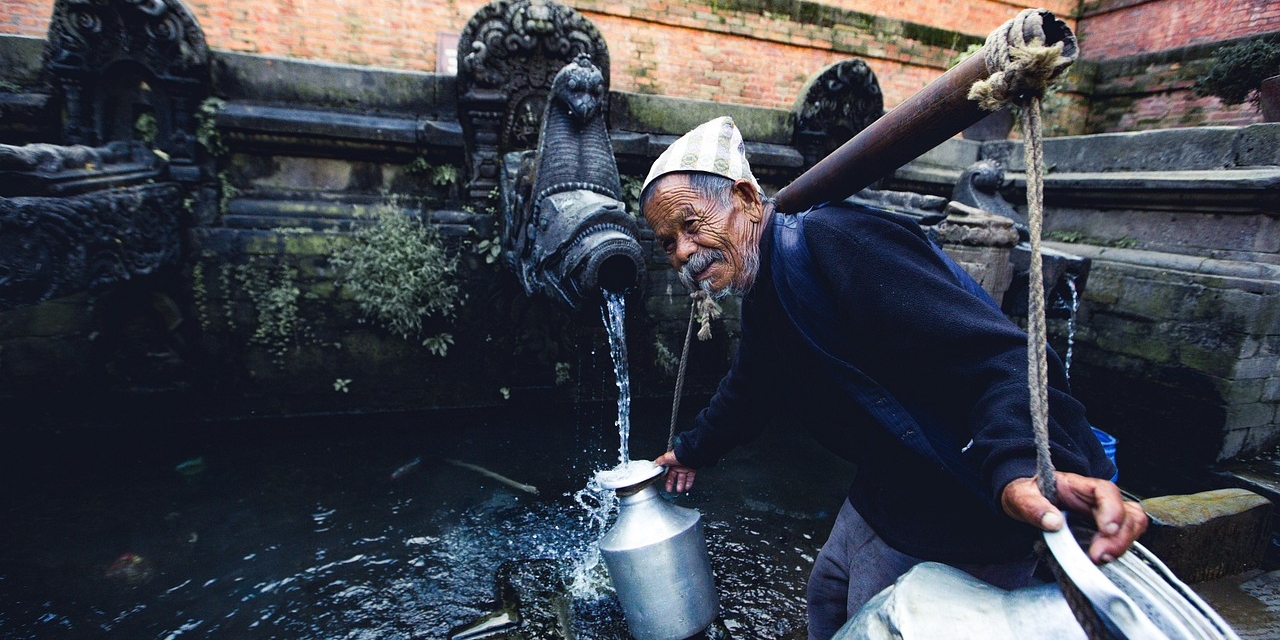
Nepal - Where Knowledge Meets Nature, Culture and Adventure
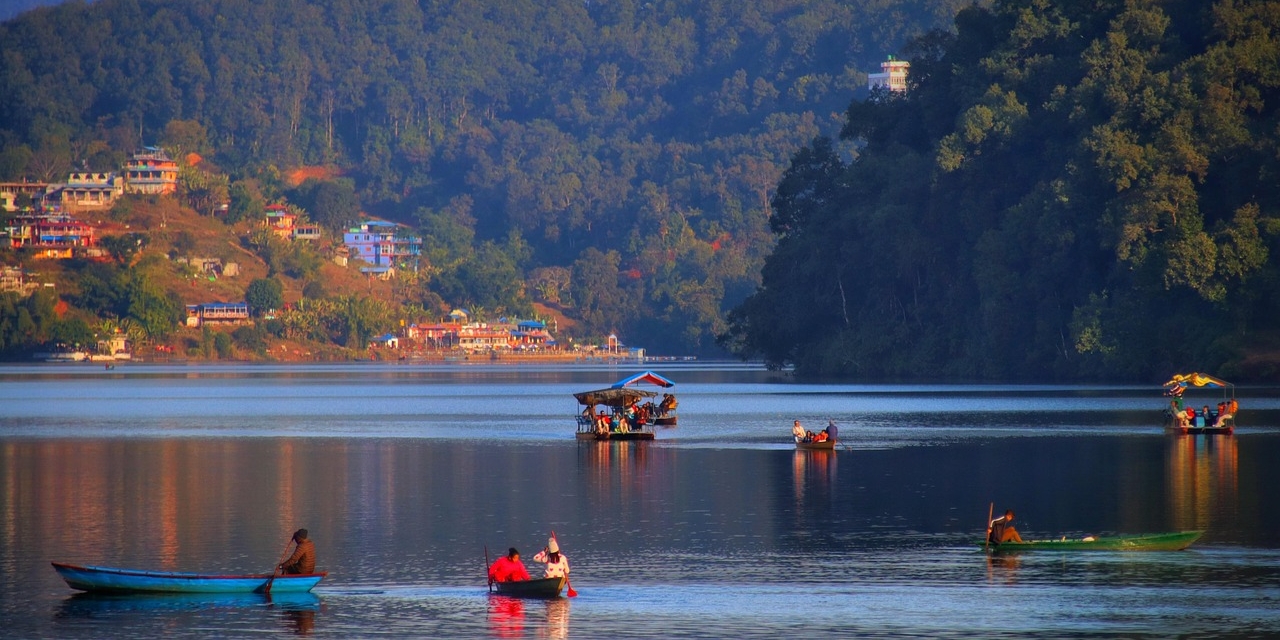
A City of Lakes and Himalayan Reflections - Where Memories are Made
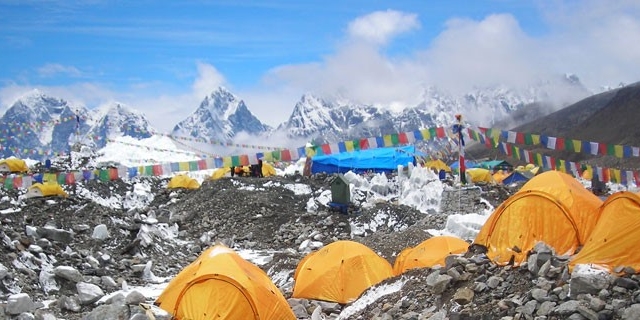
WHY ISLAND PEAK CLIMBING IN NEPAL IS THE MOST POPULAR CHOICE AMONG ALL MOUNTAINEERS?
